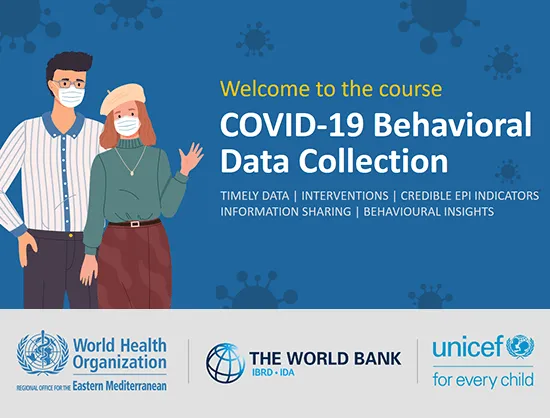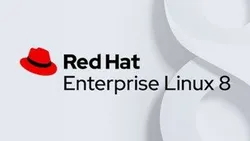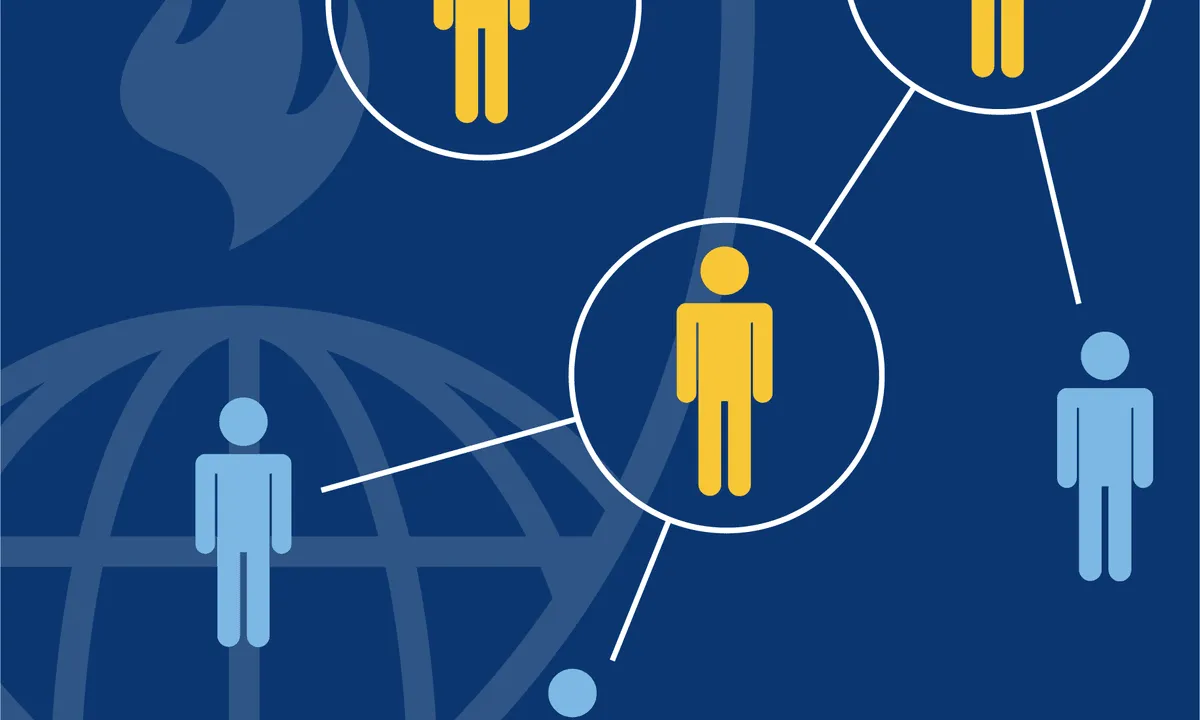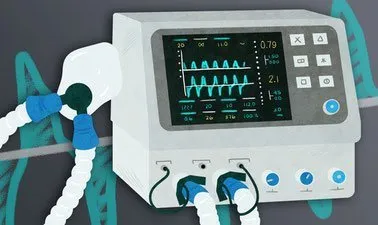
COVID-19 national survey package 
Discover the fundamentals of COVID-19 national survey package ▼
ADVERTISEMENT
Course Feature
![]() Cost:
Cost:
Free
![]() Provider:
Provider:
OpenWHO
![]() Certificate:
Certificate:
Free Certification
![]() Language:
Language:
English
![]() Start Date:
Start Date:
On-Demand
Course Overview
❗The content presented here is sourced directly from OpenWHO platform. For comprehensive course details, including enrollment information, simply click on the 'Go to class' link on our website.
Updated in [May 19th, 2023]
The COVID-19 national survey package course provides an overview of key considerations to support country offices in working with partners to improve national data collection. The survey package is designed to collect social and behavioural data, such as perception, knowledge, practices, social and structural factors, to inform the uptake and roll-out of COVID-19 vaccines, as well as guide risk communication and community engagement (RCCE) planning and intervention to address community fatigue and complacency towards public health and social measures (PHSM).
This course will provide an overview of the survey package, including the purpose, objectives, and key considerations for implementation. Participants will gain an understanding of the survey package and how it can be used to inform the uptake and roll-out of COVID-19 vaccines, as well as guide risk communication and community engagement (RCCE) planning and intervention to address community fatigue and complacency towards public health and social measures (PHSM).
At the end of the course, participants will have a better understanding of the survey package and how it can be used to inform the uptake and roll-out of COVID-19 vaccines, as well as guide risk communication and community engagement (RCCE) planning and intervention to address community fatigue and complacency towards public health and social measures (PHSM).
[Applications]
The application of this course is to use the survey package to collect data on social and behavioural factors related to COVID-19 vaccines, RCCE planning, and PHSM. This data can then be used to inform the uptake and roll-out of COVID-19 vaccines, as well as guide risk communication and community engagement planning and interventions. Additionally, the data can be used to address community fatigue and complacency towards public health and social measures.
[Career Paths]
1. Public Health Analyst: Public health analysts are responsible for collecting, analyzing, and interpreting data related to public health issues. They use this data to identify trends and develop strategies to improve public health outcomes. As the COVID-19 pandemic continues to evolve, public health analysts are increasingly in demand to help inform policy decisions and develop effective strategies to address the pandemic.
2. Epidemiologist: Epidemiologists are responsible for studying the patterns, causes, and effects of health and disease conditions in defined populations. They use data from surveys, such as the one described in this course, to identify risk factors and develop strategies to reduce the spread of disease. As the COVID-19 pandemic continues to evolve, epidemiologists are increasingly in demand to help inform policy decisions and develop effective strategies to address the pandemic.
3. Risk Communication and Community Engagement (RCCE) Specialist: RCCE specialists are responsible for developing and implementing strategies to effectively communicate public health messages to the public. They use data from surveys, such as the one described in this course, to identify risk factors and develop strategies to reduce the spread of disease. As the COVID-19 pandemic continues to evolve, RCCE specialists are increasingly in demand to help inform policy decisions and develop effective strategies to address the pandemic.
4. Vaccine Uptake and Roll-Out Specialist: Vaccine uptake and roll-out specialists are responsible for developing and implementing strategies to ensure the successful uptake and roll-out of vaccines. They use data from surveys, such as the one described in this course, to identify risk factors and develop strategies to increase vaccine uptake and roll-out. As the COVID-19 pandemic continues to evolve, vaccine uptake and roll-out specialists are increasingly in demand to help inform policy decisions and develop effective strategies to address the pandemic.
[Education Paths]
1. Public Health: Public health is a field of study that focuses on the health of populations and communities. It is an interdisciplinary field that combines the sciences, social sciences, and humanities to promote health and prevent disease. Developing trends in public health include the use of data-driven decision-making, the use of technology to improve health outcomes, and the use of evidence-based approaches to health promotion and disease prevention.
2. Epidemiology: Epidemiology is the study of the distribution and determinants of health-related states or events in specified populations, and the application of this study to the control of health problems. Developing trends in epidemiology include the use of big data and machine learning to identify patterns in health data, the use of mobile technology to collect data in real-time, and the use of predictive analytics to anticipate and prevent disease outbreaks.
3. Health Policy: Health policy is the study of the development, implementation, and evaluation of policies and programs that affect the health of individuals, communities, and populations. Developing trends in health policy include the use of evidence-based approaches to policy-making, the use of technology to improve access to health care, and the use of data-driven decision-making to inform policy decisions.
4. Health Communication: Health communication is the study of how to effectively communicate health information to individuals, communities, and populations. Developing trends in health communication include the use of social media to disseminate health information, the use of mobile technology to deliver health messages, and the use of evidence-based approaches to health promotion and disease prevention.
Course Provider

Provider OpenWHO's Stats at AZClass
Discussion and Reviews
0.0 (Based on 0 reviews)
Explore Similar Online Courses

Introduction to Personal Financial Planning

Red Hat Enterprise Linux 8 Technical Overview

Python for Informatics: Exploring Information

Social Network Analysis

Introduction to Systematic Review and Meta-Analysis

The Analytics Edge

DCO042 - Python For Informatics

Causal Diagrams: Draw Your Assumptions Before Your Conclusions

Whole genome sequencing of bacterial genomes - tools and applications

COVID-19 Contact Tracing

Mechanical Ventilation for COVID-19


Start your review of COVID-19 national survey package